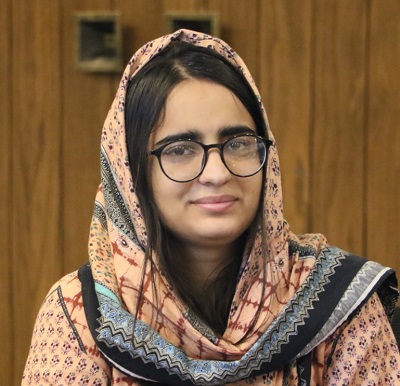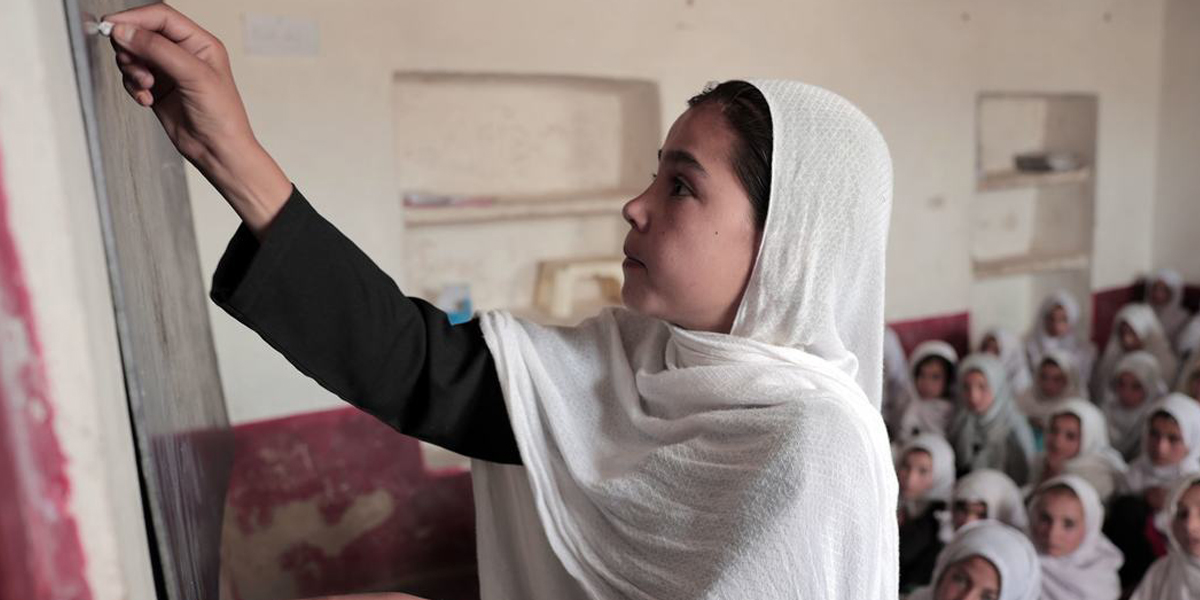Amid the Taliban’s control in Afghanistan, Afghan families fled to Pakistan for their daughters’ education. Pakistan later ordered their departure, leaving uncertain futures. In a dialogue led by CRSS and OESP, Afghan female students advocated for solutions like internships, scholarships, and community support. Discussions with the British High Commission underscored the need for international assistance. This emphasized the urgency of supporting Afghan female students in rebuilding their lives and contributing to society.
Following the Taliban’s takeover of Afghanistan, numerous Afghan families have sought refuge in neighboring Pakistan, particularly motivated by the desire for their daughters to pursue education, given the Taliban’s ban on women attending university and teenage girls attending school. By November 1st, 2023, Pakistan issued a directive for undocumented Afghans to leave. However, those returning to Afghanistan face a grim reality as the Taliban severely restricts female education, employment opportunities, appearance, and freedom of movement. Meanwhile, Afghan women and girls remaining in Pakistan live in constant fear of being forcibly repatriated to Afghanistan, where they see little hope for a better future.
During a recent Pak-Afghan Stakeholders’ Dialogue organized by the Center for Research and Security Studies (CRSS) and its Afghan counterpart, the Organization for Economic Studies and Peace (OESP), religious scholars, HEC officials, and Ambassador Asif Durrani, Pakistan’s Special Envoy to Afghanistan, engaged in an interactive session with Afghan female students. The forum addressed the challenges faced by students while studying in Pakistan and proposed practical solutions to resolve these issues.
In the discussion, the Afghan female participants emphasized the importance of providing internships for Afghan students in Pakistan and abroad, simplifying visa processes, and facilitating travel for students and their families. They also stressed the need for international support in post-conflict reconstruction efforts in Afghanistan.
Furthermore, the students emphasized the importance of prioritizing scholarships for Afghan students, especially for undergraduate and Masters programs. This request highlights the need to address the challenges Afghan students face in accessing higher education, both in Afghanistan and as refugees in Pakistan. By allocating scholarships specifically for Afghan students, the Higher Education Commission (HEC) can help empower them to pursue their educational goals and contribute positively to society.
They also underlined the need for fostering community support networks in host countries to provide social and psychological support to Afghan female students, helping them navigate the challenges of displacement and rebuild their lives.
In addition to their main discussions, the students also engaged in a sideline meeting with a representative from the British High Commission(BHC). This conversation provided them with an invaluable opportunity to delve deeper into their questions and express their concerns.
This dialogue provided a constructive platform for Afghan students to come together, fostering networking opportunities and allowing them to openly discuss and exchange ideas regarding the common challenges they face as students residing in Pakistan.
The plight of female Afghan students, as outlined above, underscores the urgent need for joint efforts and support from the international community. Their forced displacement and limited access to education due to the Taliban’s restrictions have left them in precarious situations, with uncertain futures and limited growth opportunities.
By addressing these grievances and implementing proactive measures, we can pave the way forward for Afghan female students to rebuild their lives, pursue their dreams, and contribute positively to their communities and society.
 Shahana Naseer
Shahana Naseer
